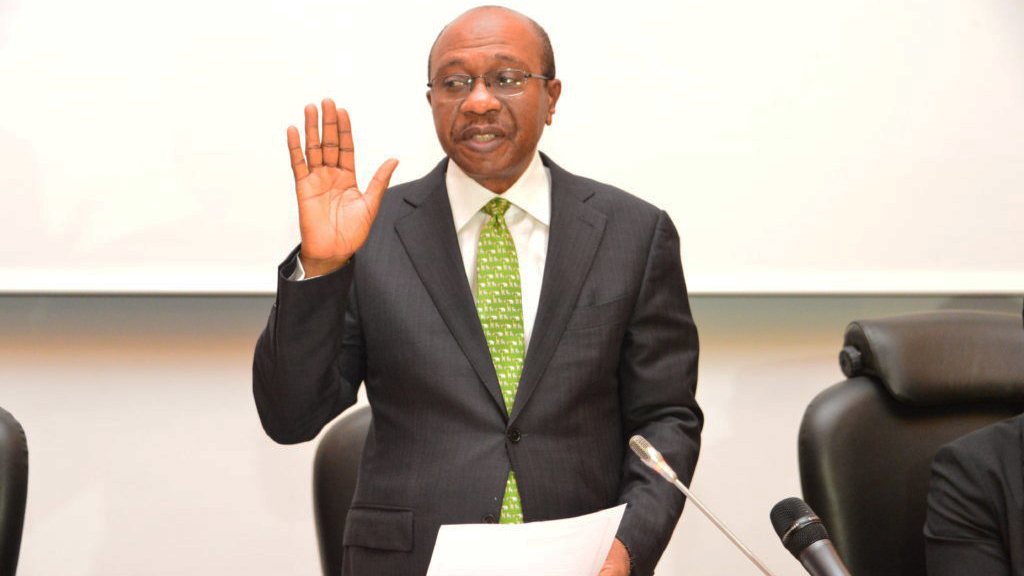NEWS
DSS seizes Emefiele’s passport, to raid his home and offices

The Department of State Services (DSS) has taken possession of the passport belonging to Godwin Emefiele, the suspended Governor of the Central Bank of Nigeria (CBN), according to sources.
It has been reported that the DSS may conduct searches at Emefiele‘s home and office in the coming week.
Following his suspension on Friday amidst an ongoing investigation into his office and planned reforms in the financial sector, Emefiele was arrested by the DSS in Lagos and subsequently flown to Abuja via a private jet on Saturday. In a statement, DSS spokesperson Peter Afunanya confirmed Emefiele’s detention and stated that he is currently under investigation.
A DSS source explained that it is standard procedure to seize Emefiele’s passport during the ongoing investigation. Additionally, it was revealed that searches will be conducted at both Emefiele’s office and residence to uncover any pertinent documents that could aid the investigation into his management of the CBN.
Previous reports have suggested that other top directors of the CBN may also be called in for questioning or even face arrest in connection with their roles within the apex bank. The DSS is reportedly considering revisiting criminal charges previously filed against Emefiele, which include allegations of terrorism financing and fraud.
In parallel, the DSS has accused Emefiele of mismanaging the CBN subsidiary known as the Nigeria Incentive-Based Risk Sharing System for Agricultural Lending and the Anchor Borrowers Programme.
Despite attempts to reach DSS spokesperson Afunanya for comment, he was unavailable, and no response had been received by the time of this report.
Human rights lawyer Femi Falana, SAN, has questioned the constitutional authority of the DSS to investigate and prosecute Emefiele. Falana suggested that Emefiele should be transferred to the custody of the Economic and Financial Crimes Commission (EFCC), as he believes the EFCC possesses the legal right to prosecute him.
Citing a previous Supreme Court ruling in the case of Dr. Bukola Saraki v. Federal Republic of Nigeria, Falana argued that the EFCC lacks the power to investigate and prosecute individuals for breaches of the Code of Conduct Bureau and Tribunal Act. He emphasized that the DSS, therefore, lacks the authority to investigate and prosecute Emefiele for allegations of money laundering and other economic crimes. Falana urged the DSS to transfer Emefiele to the EFCC for further investigation into the allegations of terrorism financing.